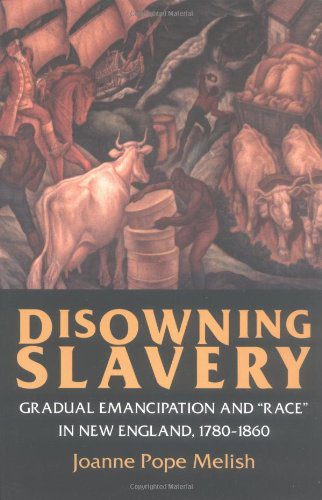

" I've said it before, I really love Edmund Morgan. A good read though, particularly for those interested in Colonial Virginia history. The first 3/4 of the book focused on white settlers and white servants, and then he seemed to throw the issues of African slaves in at the very end.

" This book gave me a lot to think about, but it didn't focus on the advent of slavery/racism as much as I anticipated. Overall Performance: Narration Rating: Story Rating:.The connection between slavery and democracy was subsequently mirrored in the American constitution of 1787, and in the contradiction inherent in the early American republic: unique political rights for some Americans associated with permanent slavery for other (black) Americans. In a way, the cheap labour provided by African and African-American slaves made possible the democratic 'rights' and processes enjoyed by free, white Americans. Morgan concentrates on colonial Virginia, and shows how the use of slave labour by white farmers/plantation owners became established side by side with 'democratic' institutions in the 18th century. "Although not a new book, it is spot-on about the centrality of slavery to so-called 'American democracy'. Winner of the Francis Parkman Prize and the Albert J. Morgan finds the key to this central paradox in the people and politics of the state that was both the birthplace of the revolution and the largest slaveholding state in the country. Morgan in American Slavery, American Freedom, a study of the tragic contradiction at the core of America. "If it is possible to understand the American paradox, the marriage of slavery and freedom, Virginia is surely the place to begin," writes Edmund S.


 0 kommentar(er)
0 kommentar(er)
